Health And Medicine
-

Vanderbilt researchers discover how gut inflammation leads to bone loss
Gastrointestinal inflammation, such as occurs in inflammatory bowel disease, triggers the expansion of a population of “bone-eating” cells, leading to bone loss. Read MoreAug 25, 2022
-

Study describes how E. coli co-opts cells, causes recurrent UTIs
Researchers at Vanderbilt University Medical Center have discovered why the uropathogenic bacterium E. coli, the leading cause of urinary tract infections, is so tenacious; their findings could lead to new ways to prevent recurrent UTIs. Read MoreAug 25, 2022
-

Researchers discover how salt increases blood pressure
A Vanderbilt research team has discovered that activation of a certain protein complex involved in the inflammatory response in immune cells contributes to salt-sensitive hypertension. Read MoreAug 17, 2022
-

How childhood trauma affects brain development and risk for incarceration: Virtual event Aug. 25
A Thursday, Aug. 25, discussion will connect how childhood trauma impacts brain development and behavior, its intersection with the justice system, and how we can integrate this understanding in prevention, diversion and restorative efforts. Read MoreAug 17, 2022
-

Video vital for telehealth visits
Vanderbilt study of 18,130 telehealth visits at the beginning of the COVID-19 pandemic defines risk factors associated with telehealth access and suggests how health systems can improve access. Read MoreJul 28, 2022
-
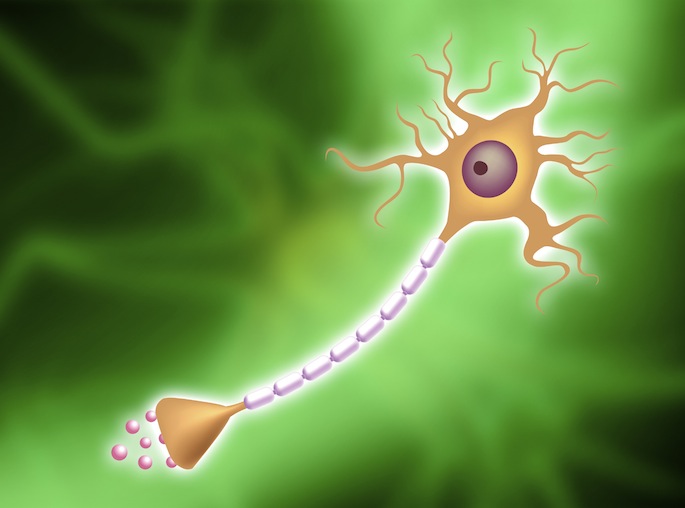
Specialty pharmacists help reduce MS relapse risk
Just one-third of patients with relapsing multiple sclerosis remain on disease-modifying therapy, and specialty pharmacists are in a unique position to help coordinate therapy discontinuation or change and reduce the risk of relapse. Read MoreJul 28, 2022
-

C. difficile may contribute to colorectal cancer: study
A Vanderbilt study found that the bacterium Clostridioides difficile (C. difficile) may be a previously unrecognized contributor to colorectal cancer. Read MoreJul 28, 2022
-
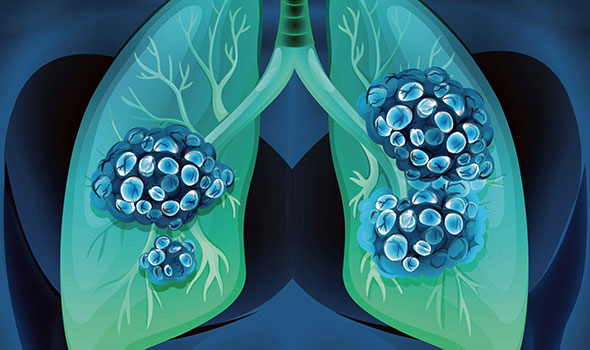
Study reveals need for matching targeted therapies with EGFR subtypes
A Vanderbilt study suggests that clinicians should take a deeper dive into distinguishing EGFR mutations when prescribing targeted therapies for non-small-cell lung cancers. Read MoreJul 28, 2022
-
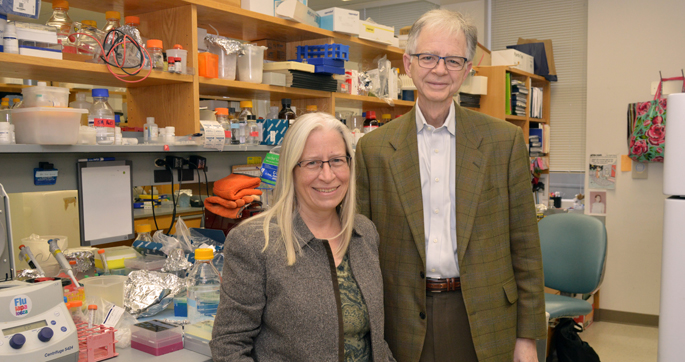
Researchers find potential new target against colorectal cancer
Researchers at Vanderbilt University Medical Center have discovered a potential new target in the fight against colorectal cancer, the nation’s third most common malignancy and, next to lung cancer, the second leading cancer killer. Read MoreJul 21, 2022
-
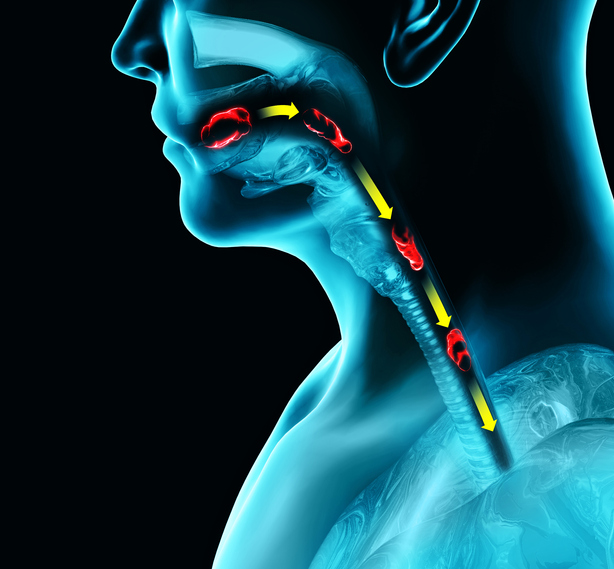
Difficulty swallowing linked to chronic opioid use: study
Vanderbilt researchers found that chronic use of opioid painkillers like hydrocodone and oxycodone significantly increases the risk of dysphagia, or difficulty swallowing. Read MoreJul 21, 2022
-
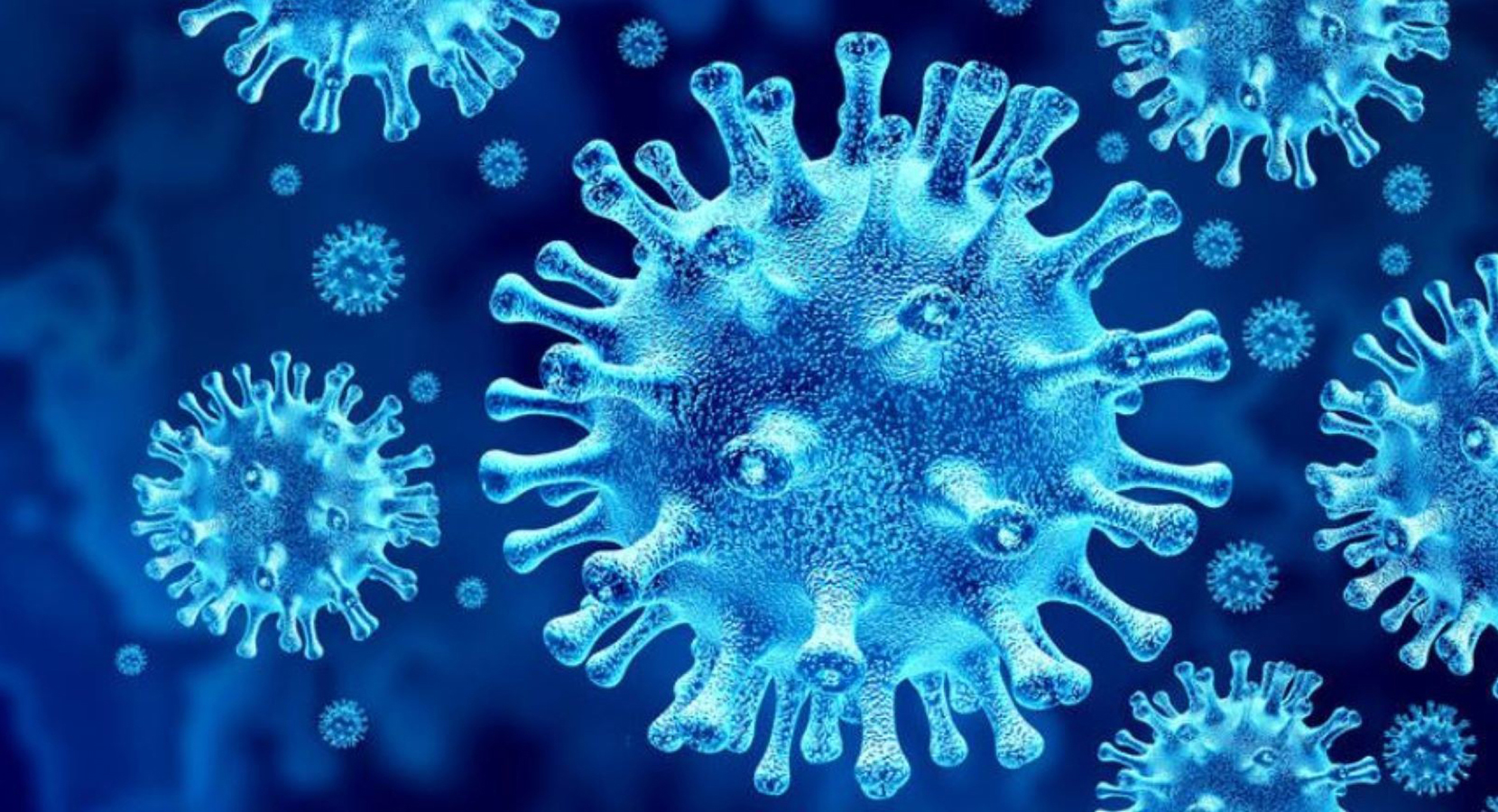
Vanderbilt team tracks cellular and antibody responses to COVID-19 vaccine
A collaborative team of Vanderbilt researchers has characterized the antigen-specific immune response to the Pfizer SARS-CoV-2 RNA vaccine. The group used multiple single-cell technologies, unbiased machine learning and traditional immunological approaches to track cellular and antibody responses in samples collected over time from a cohort of healthy participants. Read MoreJul 20, 2022
-

Molecular ‘switch’ may illuminate stomach disorders
An international team that included researchers from Vanderbilt University Medical Center has discovered a molecular switch that induces rapid proliferation of zymogen granule-secreting chief cells in the stomach to regenerate damaged tissue. Read MoreMay 19, 2022
-

Study identifies first cellular “chaperone” for zinc, sheds light on worldwide public health problem of zinc deficiency
A team led by Vanderbilt researchers has described and characterized the first zinc metallochaperone: a protein that puts zinc into other “client” proteins. Read MoreMay 17, 2022
-

Study sheds light on the dark side of obesity
Vanderbilt research that promotes the anti-inflammatory pathway in macrophages could also reduce some of the bad side effects of obesity. Read MoreMay 12, 2022
-

VUMC-led study finds Moderna COVID vaccine safe and effective for children
Moderna’s COVID-19 vaccine is safe and generates robust immune responses in children ages 6 to 11 years, a national clinical trial co-led by C. Buddy Creech, MD, MPH, has found. Read MoreMay 12, 2022
-

Resistance to COVID-19 drug detected in lab study
Vanderbilt research shows that the virus that causes COVID-19 can develop partial resistance to the antiviral drug remdesivir during infection of cultured cells in the laboratory by more than one mechanism. Read MoreMay 10, 2022
-
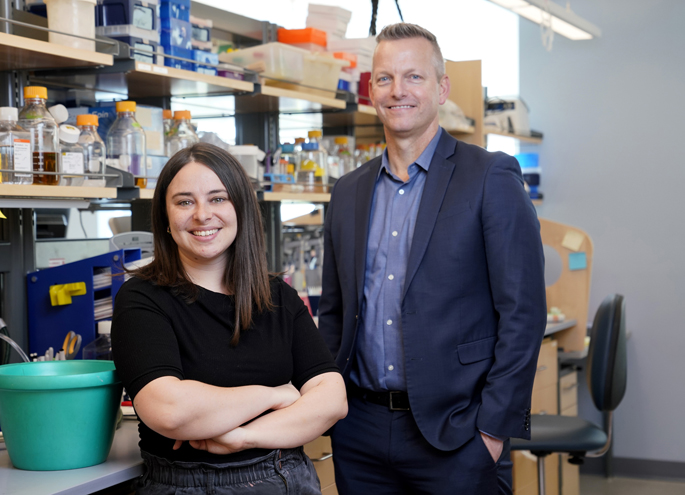
VUMC team discovers how bacterial pathogen survives without water
Vanderbilt researchers are studying a bacterial pathogen that can survive on hospital surfaces — without water — for months, an ability that has helped it become a leading cause of hospital-acquired infections. Read MoreMay 5, 2022
-

Studies combine genetic testing, electronic health records to find undiagnosed diseases
Combining genetic testing with information from electronic health records revealed undiagnosed heart rhythm disorders and new conditions associated with inherited cancer gene mutations. Read MoreApr 28, 2022
-

Study advances understanding of bacterial bioterrorism agent
Vanderbilt researchers have identified a critical regulatory factor in the bacterium that causes the disease anthrax and has been used as a biological weapon. Read MoreApr 7, 2022
-
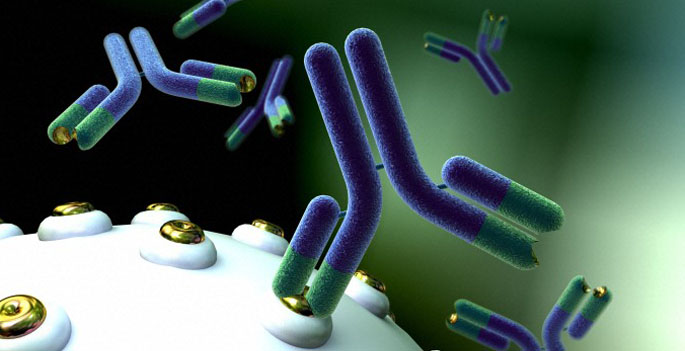
Crowe receives national award for COVID antibody research
Vanderbilt's James Crowe Jr., MD, and Michel Nussenzweig, MD, PhD, of The Rockefeller University, have been jointly awarded the 2022 Harrington Prize for Innovation in Medicine for “groundbreaking work” that enabled the use of human antibodies to treat COVID-19. Read MoreMar 31, 2022